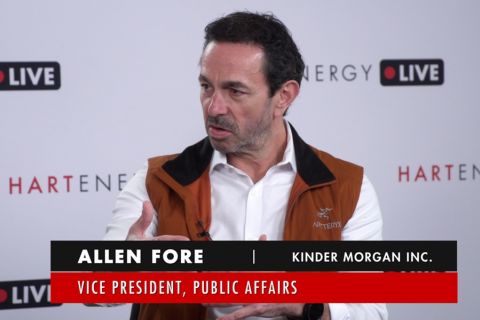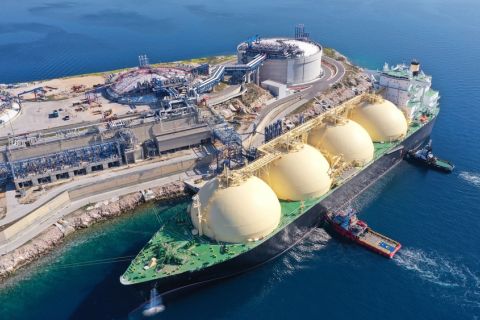
This report and others like it are available to subscribers of Stratas Advisors’ Financial, Geopolitical Risk Outlook, Short-Term Price Outlook and Executive Dialogue services.
On June 21, it was announced that King Salman of Saudi Arabia promoted his son—31-year-old Mohammed bin Salman—to be next in line to the throne. While not a shocking occurrence given early signs seen from the kingdom over the last two years, it further solidifies trends pushing the kingdom into a world of greater economic and geopolitical risk that are likely necessary for the regime to weather a time of existential uncertainty due to regional conflict, terrorism and low oil prices. Here are the implications for the oil market:
- Economic diversification will continue to be in focus with Prince Mohammed’s ambitions to push the kingdom away from pure petro-state status. By spearheading both the Saudi IPO and Saudi Vision 2030, it becomes clear that there will be a doubling down on this approach. While Stratas Advisors contends that the goals within the strategy are overly ambitious given current economic, demographic and cultural challenges within Saudi Arabia, this vision will continue to impact practical policy outcomes.
- The fight for regional supremacy will accelerate as has been evidenced by increasing tensions with Iran and Qatar. The Saudi/Iran conflict continues to heat up through a combination of rhetoric and the conflict within Yemen. As defense minister, Prince Mohammad has been a strong proponent of aggressive military action within Yemen and has taken a hardline position against Iran. Prince Mohammed was also one of the driving forces behind the Saudi (and broader Gulf Cooperation Council) decision to sever diplomatic ties with Qatar over that country’s alleged ties to terrorism.
- OPEC cuts are likely to be sustained and potentially deepened to support both economic and defense activities across the region. While Prince Mohammed has waffled on the nation’s oil strategy in the past, military might and economic diversification will demand longer and potentially deeper cuts through OPEC in an effort to drive higher revenue to support those activities.
- Ties to the West will strengthen, as evidenced by Prince Mohammad’s support for liberalization on a number of social issues (particularly toward women), attempts to fight terrorism in the region and the country’s hardline stance on Iran. Saudi Arabia will continue to support the regional anti-terrorism goals of the Trump administration while also pushing for a restoration of Iran sanctions.
The ascension of Prince Mohammed will likely drive greater regional volatility as the kingdom becomes more likely to enact and remain engaged on his agenda, but not immediately. A rise in regional conflict (specifically with Iran) and a focus on OPEC cuts are both bullish price signals for crude, but it will take six to nine months for any of those signals to materialize in the price. The market remains laser-focused market oversupply in the short term, and is caught in a bearish channel that only strong inventory draw data will be able to escape.
Recommended Reading
The Jones Act: An Old Law on a Voyage to Nowhere
2024-04-12 - Keeping up with the Jones Act is a burden for the energy industry, but efforts to repeal the 104-year-old law may be dead in the water.
Kinder Morgan Exec: Building Pipelines ‘Challenging, but Manageable’
2024-04-05 - Allen Fore, vice president of public affairs for Kinder Morgan, said building anything, from a new road to an ice cream shop, can be tough but dealing with stakeholders up front can move projects along.
FERC Again Approves TC Energy Pipeline Expansion in Northwest US
2024-04-19 - The Federal Energy Regulatory Commission shot down opposition by environmental groups and states to stay TC Energy’s $75 million project.
The Problem with the Pause: US LNG Trade Gets Political
2024-02-13 - Industry leaders worry that the DOE’s suspension of approvals for LNG projects will persuade global customers to seek other suppliers, wreaking havoc on energy security.
CEO: Linde Not Affected by Latest US Green Subsidies Package Updates
2024-02-07 - Linde CEO Sanjiv Lamba on Feb. 6 said recent updates to U.S. Inflation Reduction Act subsidies for clean energy projects will not affect the company's current projects in the United States.




